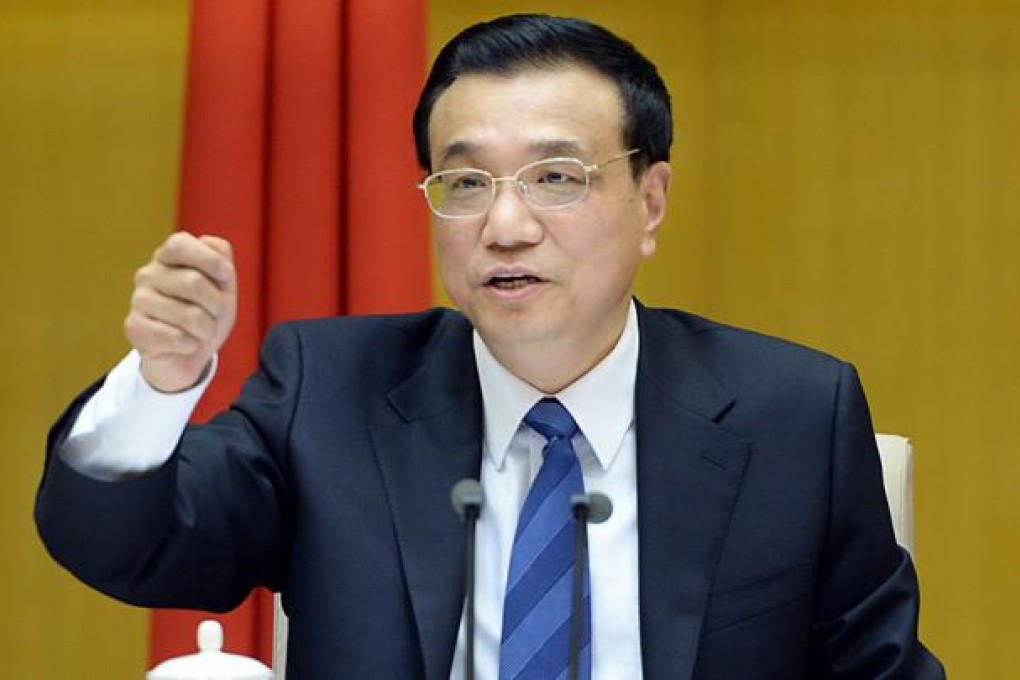Opinion | State leaves little to chance as media follows prepared script
How to train your audience for a faultless press conference with the perfect balance of questions and answers from hand-picked journalists

I have no doubt that there will be a pre-election by Beijing loyalists for the next chief executive. The evidence lies in the press conferences of newly appointed Premier Li Keqiang and listed oil giant PetroChina.
First, the premier's maiden meet-the-press session. Isn't it interesting that the moderator was able to say "the lady in the fourth row in the yellow section" in a split second when picking one among 800 eager faces wanting to ask a question?
Isn't it interesting that in all these sessions in the past 11 years, journalists picked from the crowd come from the following: China Daily, People's Daily, China Central Television, China National Radio, Xinhua, an international news agency, one of the Hong Kong media, one of the Taiwan media, a US newspaper or television station, a European magazine or newspaper?
Isn't it interesting that their questions for Li covered all you need for a maiden "speech" - his five-year plan, urbanisation and restructuring of the bureaucracy (his pet projects), the anti-corruption campaign, Hong Kong, Taiwan, the Sino-US relationship, Sino-European ties, Sino-Russian policy and a short personal statement?
It is the result of faultless planning. A retired Hong Kong journalist who has covered most of these sessions walked me through it.
Every March, thousands of journalists crowd into Beijing to cover the National People's Congress. Friendly or influential media are invited to file questions for the premier. With the advice of the propaganda people, he picks the questions.
